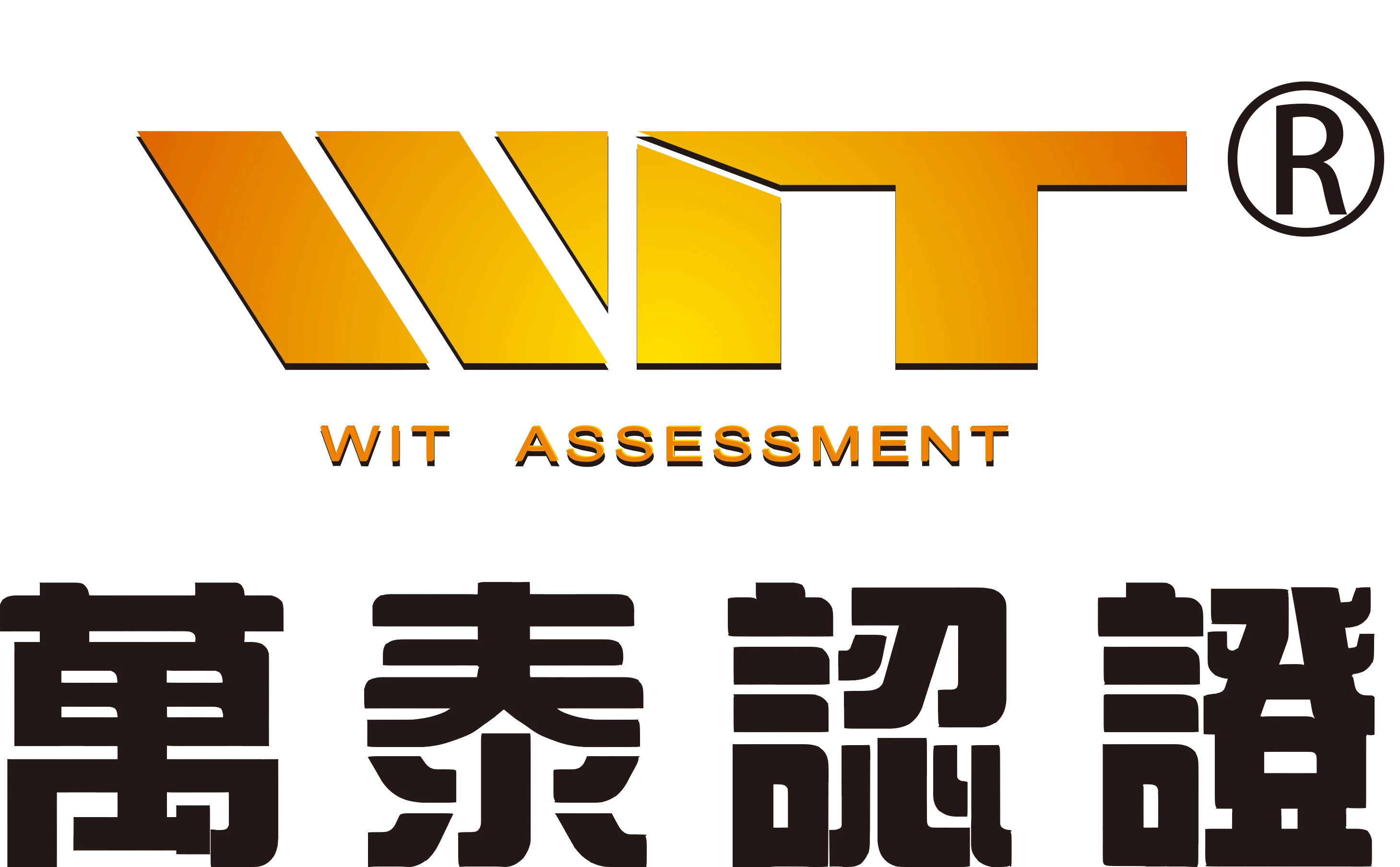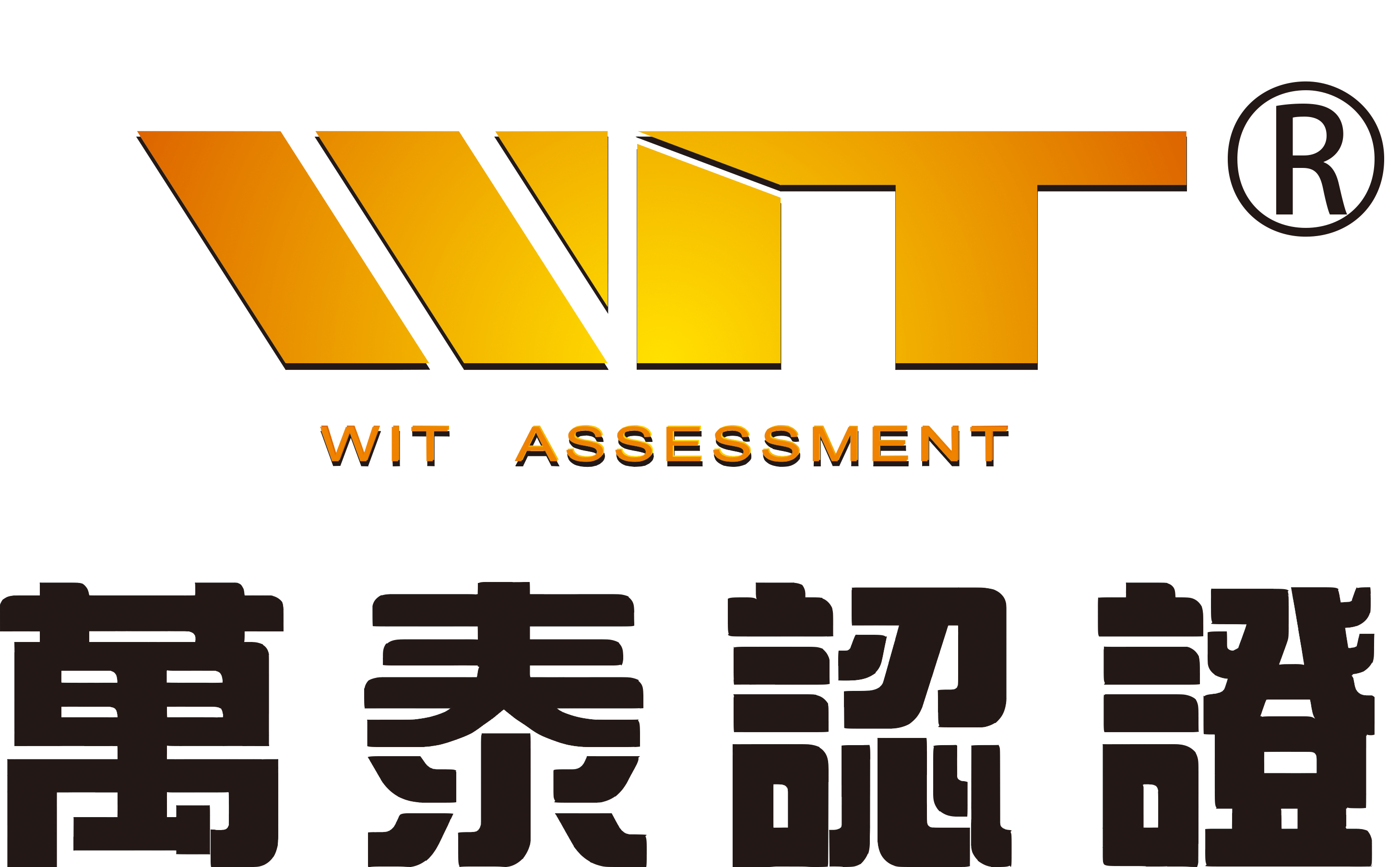Learn More About Organic Conversion Period
+ 查看更多
2022-12-19
Organic farming follows the laws of nature, applies biological and physical means to control pests and diseases. By coordinating the balance between cultivation and farming within the production unit, it prevents the waste produced by the production unit from polluting the environment, but also improves the fertility of the soil through internal circulation and achieves a virtuous cycle. We can reshape the ecological balance by using a production method that frees us from dependence on chemical fertilizers and chemical pesticides. This method is the organic production method, and there is a necessary phase in the transition from chemical to organic farming, which is the conversion period.
Organic farming is essentially a mode of agricultural production, so in principle, where conventional agricultural production can take place, organic farming can also take place. Organic farming also emphasis on conversion periods, through which agro-ecosystems are rejuvenated and pesticide residue levels in the soil are reduced, rather than forcing a clean production environment in the first place.
The definition of conversion period
+ 查看更多
Start the management of the period from crop production unit to the products. We quote the definition from the China organic product certification standard GB/T 19630-2019.
4.2.1 Conversion Period
+ 查看更多
4.2.1.1 A conversion period of a minimum of 24 months is required before sowing for annual plants. The conversion period shall be a minimum of 24 months before harvest for grassland or perennial forage, and a minimum of 36 months before harvest for perennial plants other than forage.
4.2.1.2 The conversion period shall be a minimum of 12 months for newly reclaimed fields, fallow fields and/or fields with adequate evidence that no prohibited substances have been applied for more than 36 months.
4.2.1.3 The conversion period for fields contaminated with prohibited substances can be extended.
4.2.1.4 For fields that have been converted or are in the conversion period, if prohibited substances are used, the conversion period shall be restarted. Where the treatment is as part of a compulsory disease or pest control measure imposed by the competent authority of the local government, the conversion period specified in 4.2.1.1 may be shortened, but consideration shall be given to the degradation of prohibited substances in the applied products and to ensure that residues in the soil or perennial crops reach insignificant levels, and the harvested products shall not be sold as organic products before the end of conversion.
4.2.1.5 Sprout production can be exempted from the conversion period.
The requirements for crop farm of imported organic products
+ 查看更多
We quote the requirement of the crop farms of imported organic products from the implementation rules of China organic products certification standards.
5.5.4 Requirements for conversion to organic
+ 查看更多
(4) When a foreign planting production unit of imported organic products has obtained the foreign certification of organic products for more than 4 consecutive years (including the 4 years), and the CB has inspected and confirmed that they meet the requirements of GB / T 19630, the conversion period can be exempted based on risk assessment.
The function of conversion period
+ 查看更多
Soil contaminated with chemical substances is decontaminated to meet the organic standards.
Chemically synthesized pesticides are prohibited during the conversion period.
+ 查看更多
Chemically synthesized pesticides kill predators and other beneficial organisms at the same time as they kill pests and diseases, and it takes time for the damaged biological chain to gradually recover after the use of chemically synthesized pesticides is stopped.
Chemically synthesized pesticides will remain in the soil, leading to soil contamination. The degradation of pesticides is a certain cycle, chemically synthesized pesticides shall not be used during the conversion period, and the pesticides already used can be gradually degraded in the soil.
Fertilizer is prohibited during the conversion period.
+ 查看更多
Research has shown that reliance on chemical fertilize will lead to soil hardening and destruction of soil micro-ecosystems, and the death of beneficial autotrophic nitrogen-fixing, phosphate- and potassium-dissolving bacteria, resulting in soil nutrients not being effectively provided for crop growth. By banning chemical fertilizers and supplementing with organic fertilizers, the beneficial bacteria such as autochthonous nitrogen-fixing bacteria, phosphorus-dissolving bacteria and potassium-dissolving bacteria will be restored, providing nutrients to the crop efficiently and achieving high yields without the use of chemical fertilizers, while underground diseases will be effectively curbed due to the balancing effect of the beneficial bacteria, gradually achieving a virtuous cycle in the soil.
Ecological restoration is not an easy task and must be achieved 2-3 years after the complete elimination of the use of synthetic chemical pesticides and fertilizers. During this 2–3-year conversion period, natural enemies have not yet fully recovered and pests cannot be easily controlled; Moreover, during this period, soil vigor has not yet recovered and yields may be reduced, resulting in economic pressure. However, it is important to get through this 2–3-year transition period, so that the ecological balance, soil vigor and yields are restored, pests and diseases are effectively controlled, and product quality is improved, thus achieving a virtuous cycle.
Contact US+ 查看更多
Contact US
+ 查看更多
International Sunyard, No.1750 Jianghong Avenue, Binjiang District, Hangzhou, China
Tel: +86 0571 87711560 / 13656651812
Tel: +86 0571 87711560 / 13656651812
Email: info@wit-oversea.com

